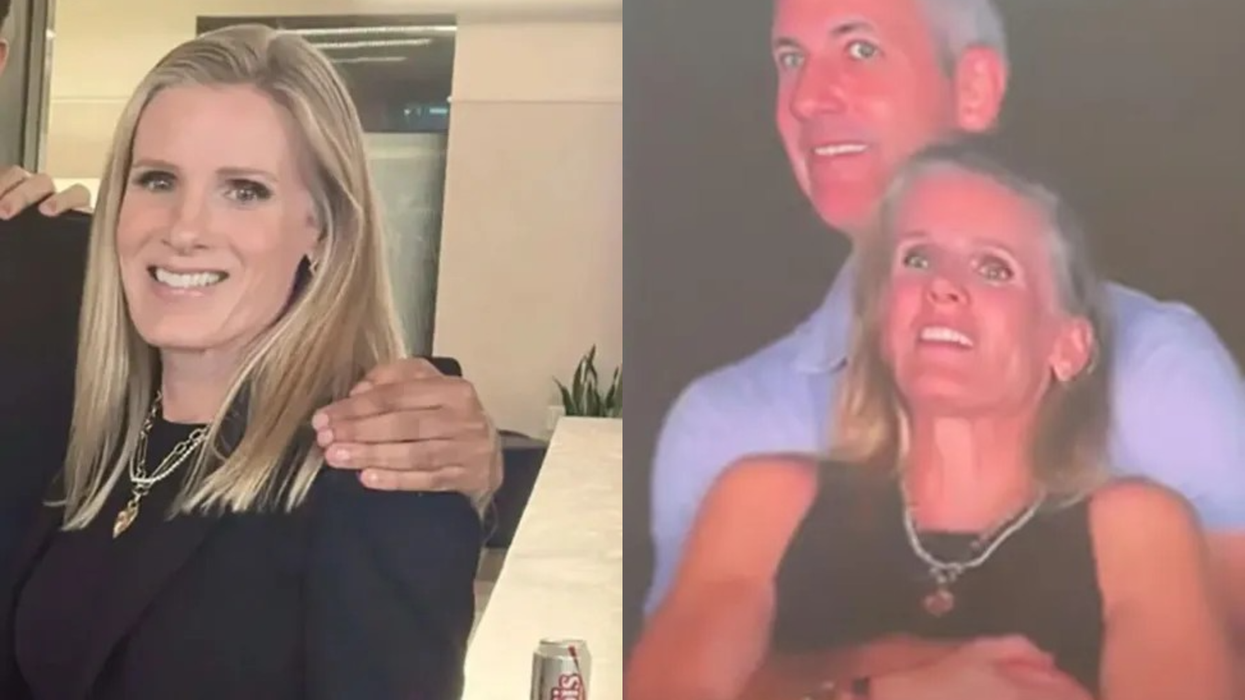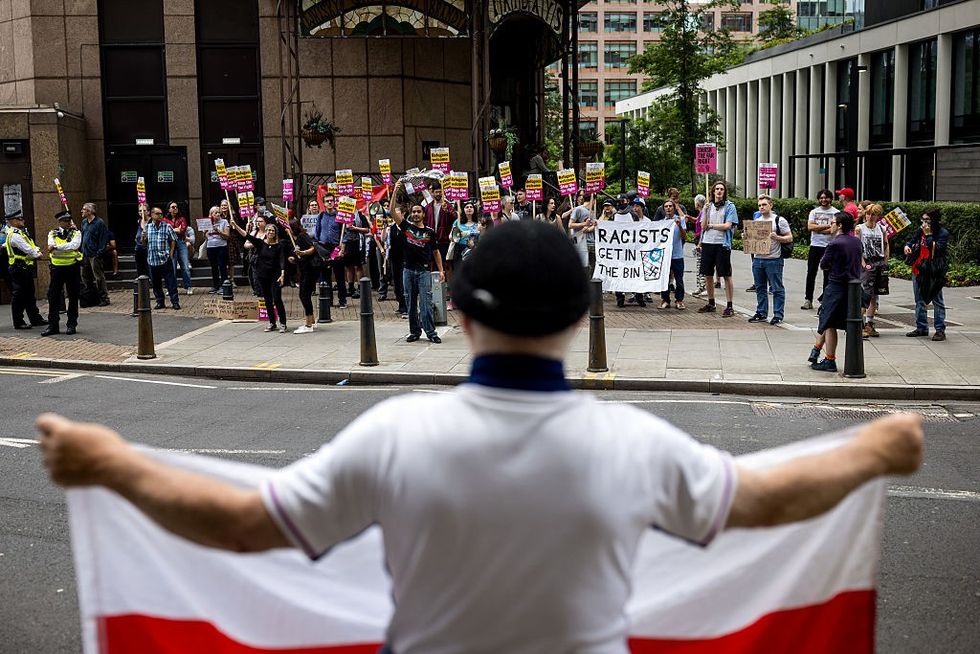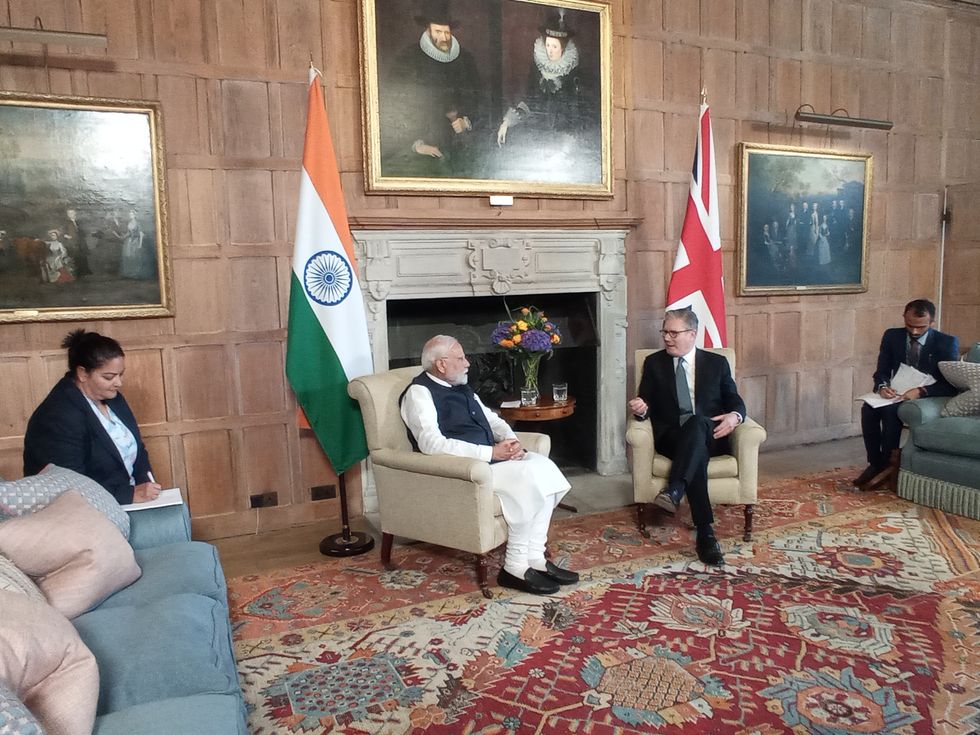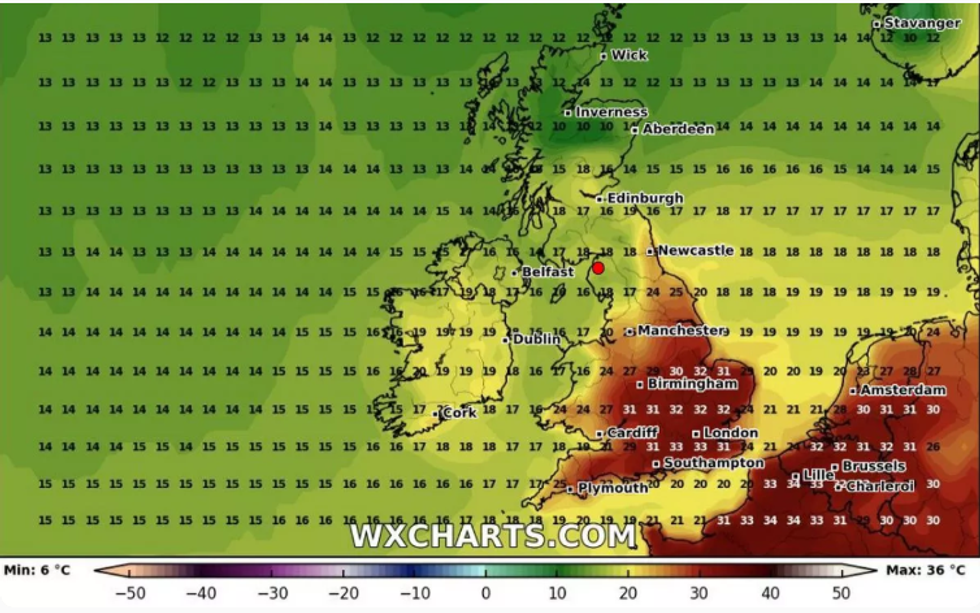AN AMERICAN woman wore a niqab as a disguise after being hired to kill a shopkeeper in Birmingham, but the gun jammed during the attack, Birmingham crown court was told.
Aimee Betro, 45, from Wisconsin, is accused of conspiring to murder Sikander Ali on September 7, 2019, in South Yardley. She denies the charge, The Times reported.
Prosecutor Tom Walkling KC said the incident was part of a long-running vendetta involving Aslat Mahamud’s family. Co-accused Mohammed Aslam, 59, and Mohammed Nabil Nazir, 31, allegedly conspired with Betro in revenge after they were injured during a 2018 incident at Mahamud’s clothing shop.
The court heard Betro bought a Mercedes and waited outside Mahamud’s home. When Ali arrived, CCTV captured her approaching and firing at close range, but the gun jammed. Ali reversed his SUV, damaging the Mercedes door.
Later, Betro allegedly returned by taxi and fired three shots at the house, breaking windows. She also allegedly sent texts to Ali’s father, saying, “Where are you hiding?... Stop playing hide and seek” and “Come and meet me, I’m at Asda.”
Betro flew into the UK on August 22 and returned to the US on September 9 after flying from Manchester. She was arrested in Armenia in June last year. Aslam and Nazir were jailed last November.
The trial in the case continues.







 A man holds an England flag aopposite protesters attending a rally organised by Stand Up To Racism outside the Britannia International Hotel on July 25, 2025 in London, England. (Photo by Jack Taylor/Getty Images)
A man holds an England flag aopposite protesters attending a rally organised by Stand Up To Racism outside the Britannia International Hotel on July 25, 2025 in London, England. (Photo by Jack Taylor/Getty Images)











 Keir Starmer (left) and Narendra Modi
Keir Starmer (left) and Narendra Modi Starmer (L) and Modi at Chequers
Starmer (L) and Modi at Chequers Modi and Starmer during the discussion
Modi and Starmer during the discussion
 The summer so far has already seen multiple heatwavesMet Desk
The summer so far has already seen multiple heatwavesMet Desk